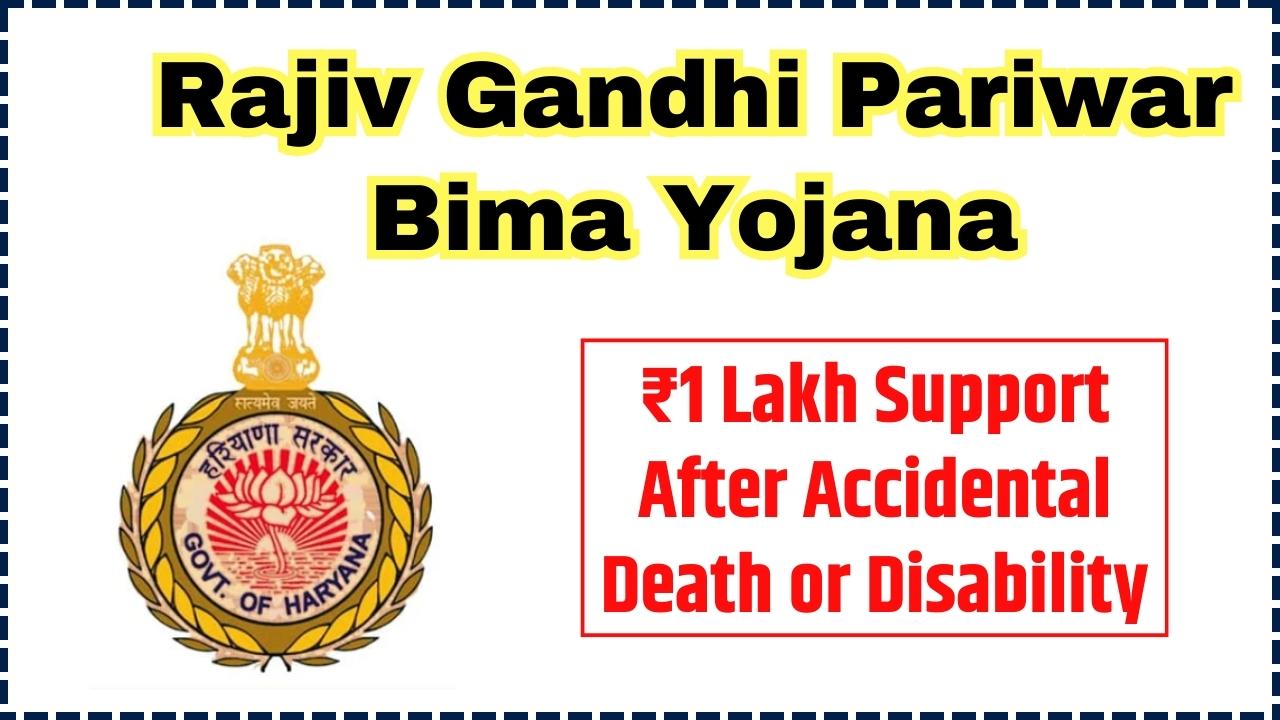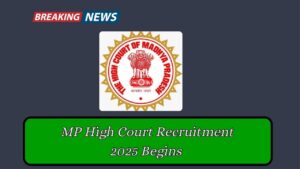Hidden Wealth Killer Quietly Draining Your Retirement: Retirement should be a time to relax and enjoy the fruits of decades of hard work, but hidden “wealth killers” can quietly erode your savings if you’re not careful. These silent drains on your finances can significantly impact your quality of life in retirement if left unchecked. From stealthy taxes to rising healthcare costs, understanding these risks and how to counter them is essential for long-term financial security.

Below, we break down the most common wealth killers, along with actionable steps to safeguard your nest egg. Whether you’re already retired or just starting to plan, these insights can help you make the most of your golden years.
Hidden Wealth Killer Quietly Draining Your Retirement
| Wealth Killer | Impact on Retirement Savings | Mitigation Strategy |
|---|---|---|
| Poor Tax Planning | High taxes can erode savings | Use Roth IRAs, HSAs, optimize withdrawals |
| Inflation | Reduces purchasing power | Diversify investments, consider TIPS |
| Lifestyle Inflation | Increased spending over time | Budgeting, automate savings |
| Market Volatility | Can drastically reduce portfolio value | Diversify, review portfolio regularly |
| High Fees | Compounds over time, reducing returns | Use low-cost funds, negotiate fees |
| Healthcare Costs | Can drain savings quickly | Use HSAs, long-term care insurance |
| Estate Planning | Lack of planning can lead to tax issues for heirs | Set up wills and trusts, update beneficiaries |
By proactively addressing these hidden wealth killers, you can safeguard your retirement savings and enjoy a more secure financial future. Regular financial check-ups, strategic planning, and ongoing education are essential to protecting your hard-earned nest egg.
Understanding the Most Common Retirement Wealth Killers
1. Poor Tax Planning
Taxes can take a significant bite out of your retirement funds. Without careful planning, you might end up paying more than necessary. Here are some key tax considerations:
- Social Security Taxes: Up to 85% of your benefits can be taxable depending on your income. (IRS.gov)
- Withdrawal Strategies: Distributions from traditional IRAs and 401(k)s are taxed as ordinary income.
- Roth Conversions: Converting to Roth accounts now can lead to tax-free withdrawals later.
- Required Minimum Distributions (RMDs): Starting at age 73 (or 75 if born in 1960 or later), RMDs can push you into higher tax brackets. (Kiplinger)
2. Inflation
Even modest inflation rates can erode purchasing power over time. For instance, a consistent 2% inflation rate can reduce the value of a fixed $50,000 annual income to approximately $40,000 over a decade. (BLS.gov)
- Diversify Investments: Include assets like real estate and commodities.
- Dividend-Growing Stocks: Invest in companies that consistently increase dividends.
- Inflation-Protected Securities: Consider Treasury Inflation-Protected Securities (TIPS).
3. Lifestyle Inflation
As your income increases, it’s common to elevate spending habits—a phenomenon known as lifestyle inflation. This can hinder wealth accumulation over time. To mitigate this:
- Budgeting: Set and adhere to a budget that prioritizes savings.
- Automate Savings: Automatically divert a portion of income to savings or investments.
- Mindful Spending: Differentiate between wants and needs to avoid unnecessary expenses.
4. Market Volatility
Market downturns can significantly impact retirement portfolios, especially if you’re heavily invested in stocks without a diversified strategy. To protect your assets:
- Diversify Investments: Spread investments across various asset classes.
- Regular Reviews: Periodically assess and adjust your portfolio to align with risk tolerance and market conditions.
- Emergency Fund: Maintain a reserve to avoid withdrawing investments during market lows.
5. High Fees and Hidden Costs
Investment fees, even seemingly small ones, can compound over time, reducing overall returns. For example, a 1% annual fee on a $500,000 portfolio can cost you tens of thousands over a decade.
- Low-Cost Funds: Opt for index funds or ETFs with low expense ratios.
- Understand Fee Structures: Be aware of all fees associated with your investments.
- Negotiate: Discuss fees with financial advisors to ensure they’re competitive.
6. Healthcare and Long-Term Care Costs
Healthcare expenses often rise with age and can deplete retirement savings quickly. To prepare:
- Health Savings Accounts (HSAs): Contribute to HSAs for tax-advantaged medical savings.
- Long-Term Care Insurance: Consider policies that cover extended care needs.
- Medicare Planning: Understand Medicare coverage and potential out-of-pocket costs.
7. Lack of Estate Planning
Without proper estate planning, your assets might not be distributed as intended, and heirs could face unnecessary taxes. Steps to consider:
- Wills and Trusts: Establish legal documents outlining asset distribution.
- Beneficiary Designations: Regularly update beneficiaries on accounts and policies.
- Tax-Efficient Transfers: Explore strategies to minimize estate and inheritance taxes.
Retirees, Stop Obsessing Over Inheritance—Why Holding Onto Wealth Could Be Hurting You
FAQs on Hidden Wealth Killer Quietly Draining Your Retirement
Q1: What are RMDs and why are they important? A: Required Minimum Distributions (RMDs) are mandatory withdrawals from certain retirement accounts starting at age 73 (or 75 if born in 1960 or later). Failing to take them can result in significant tax penalties.
Q2: How can I reduce my retirement tax burden? A: Consider Roth conversions, strategic withdrawals, and tax-efficient investments like HSAs.
Q3: Why is estate planning important even if I’m not wealthy? A: Estate planning ensures your assets are distributed as you wish, potentially reducing tax burdens for your heirs.










